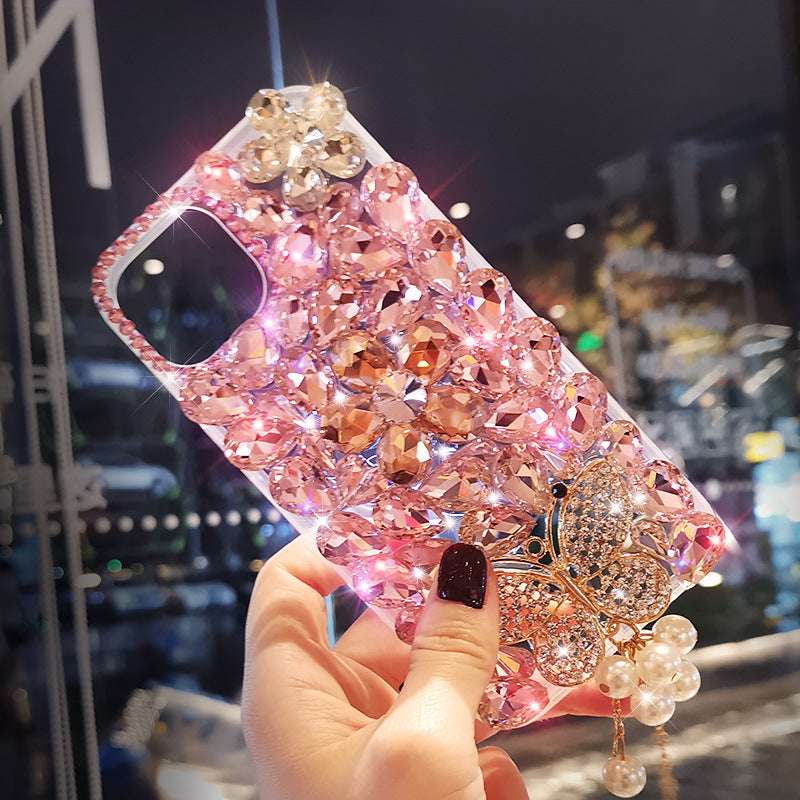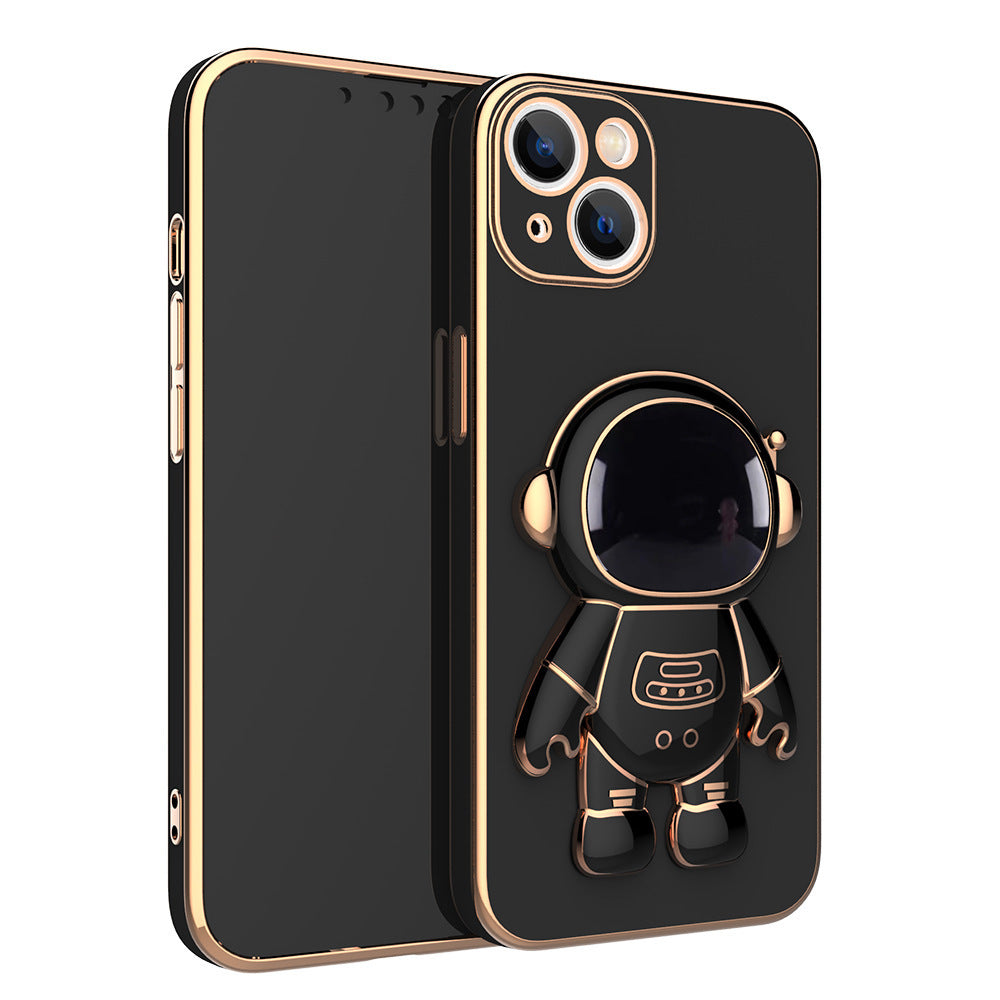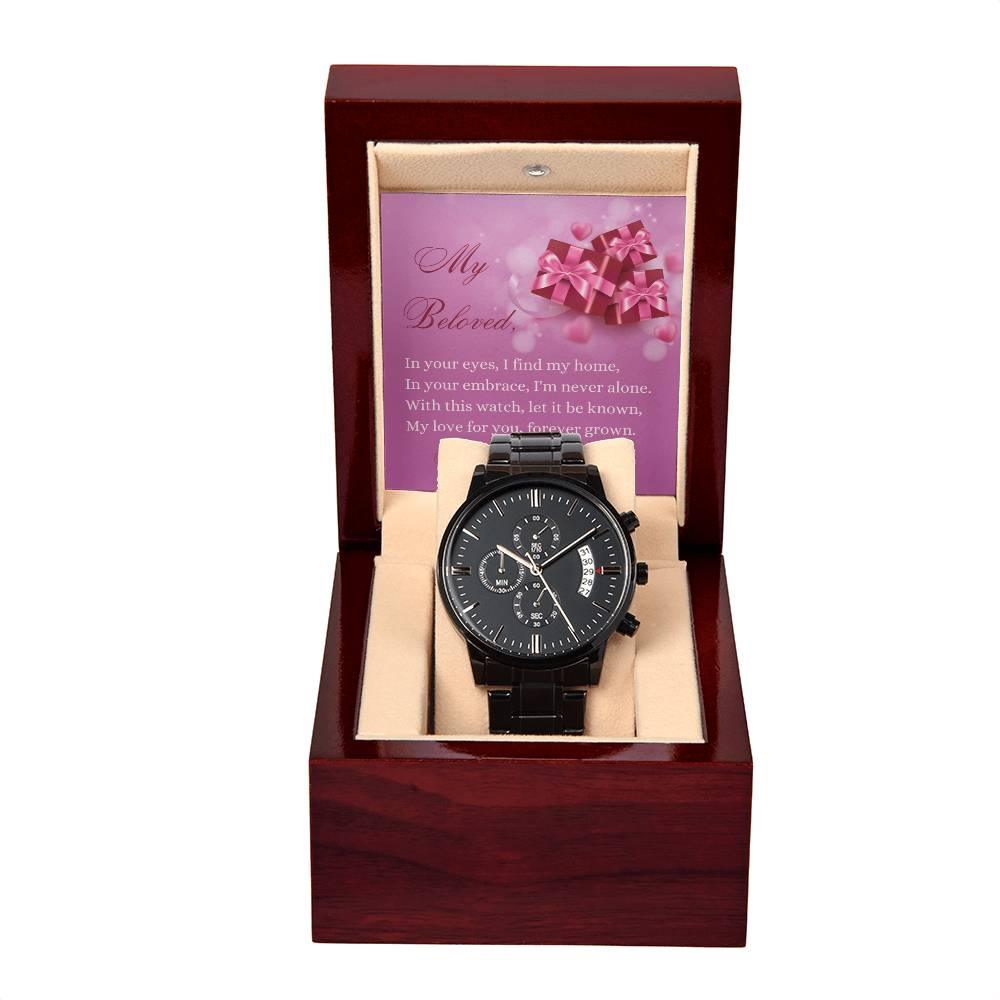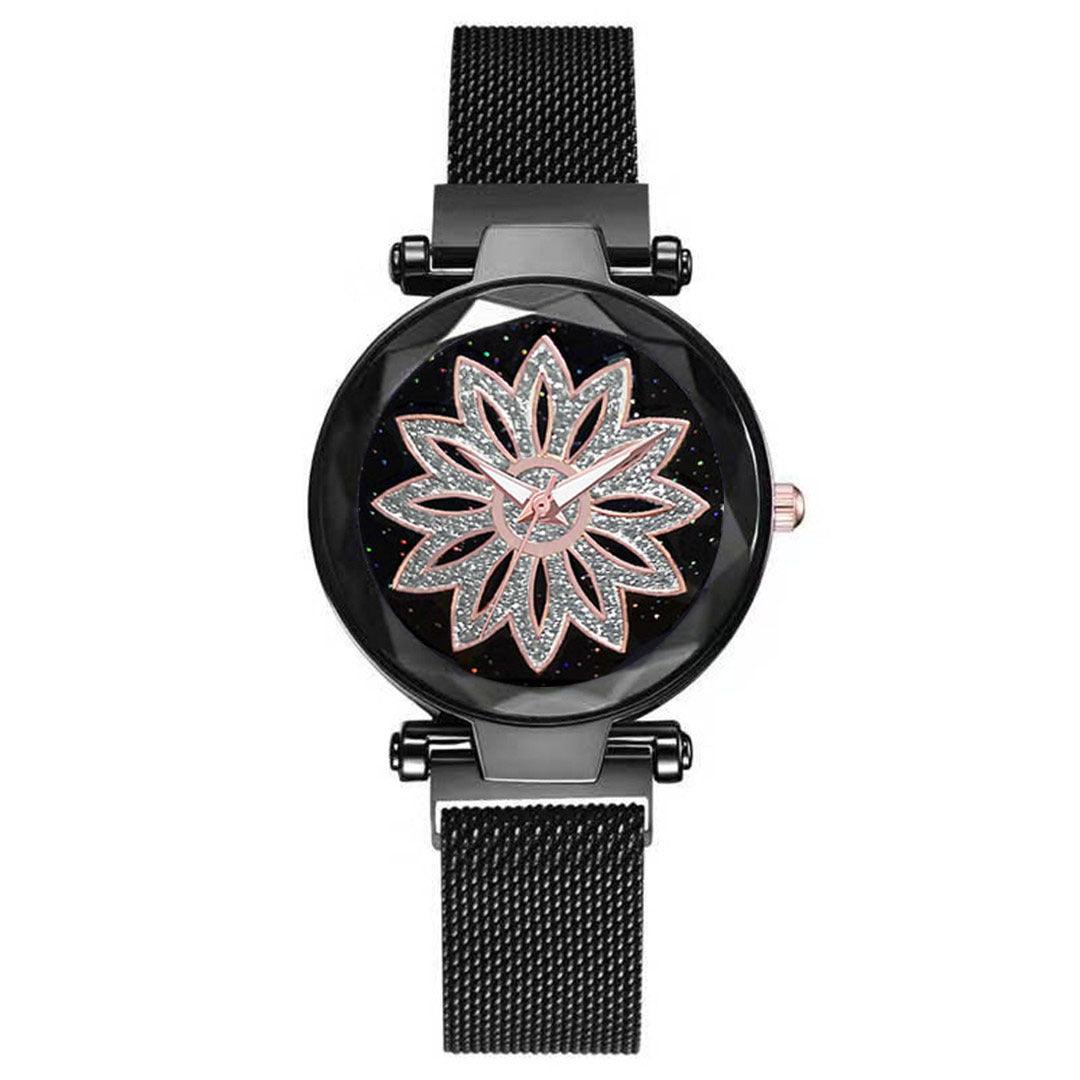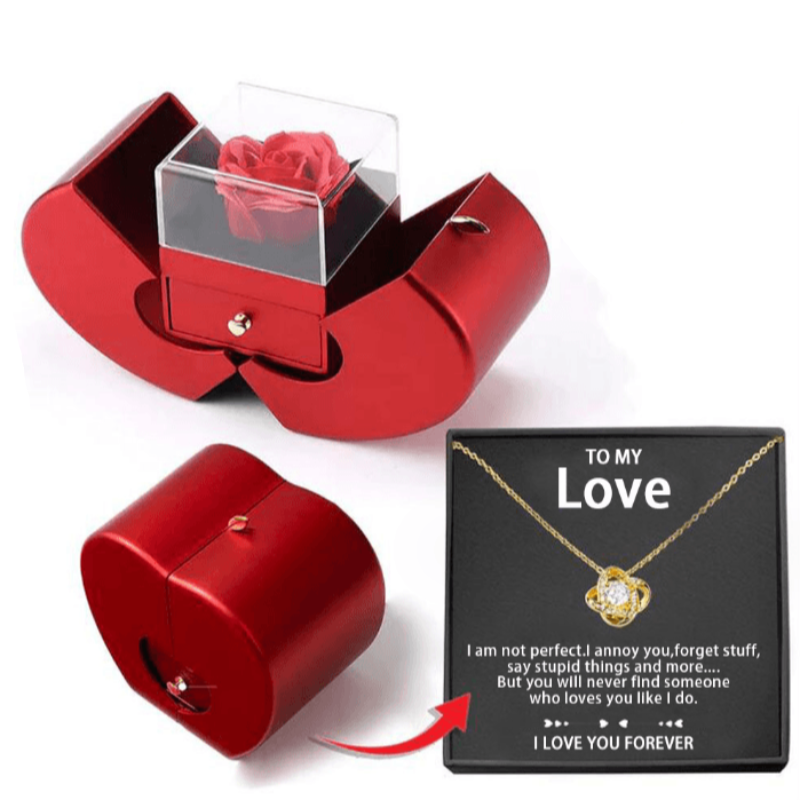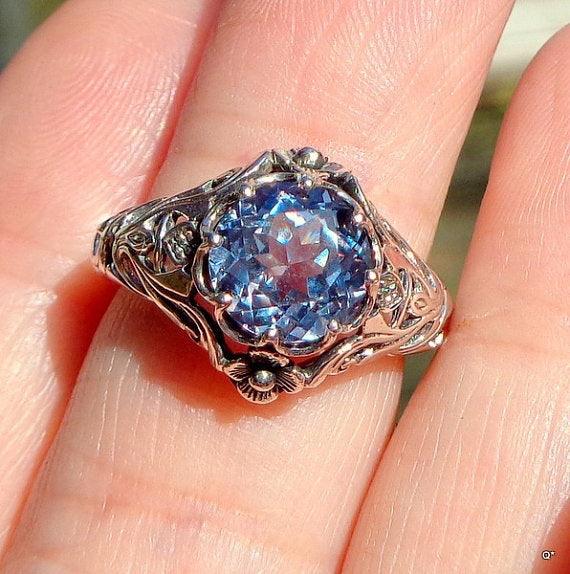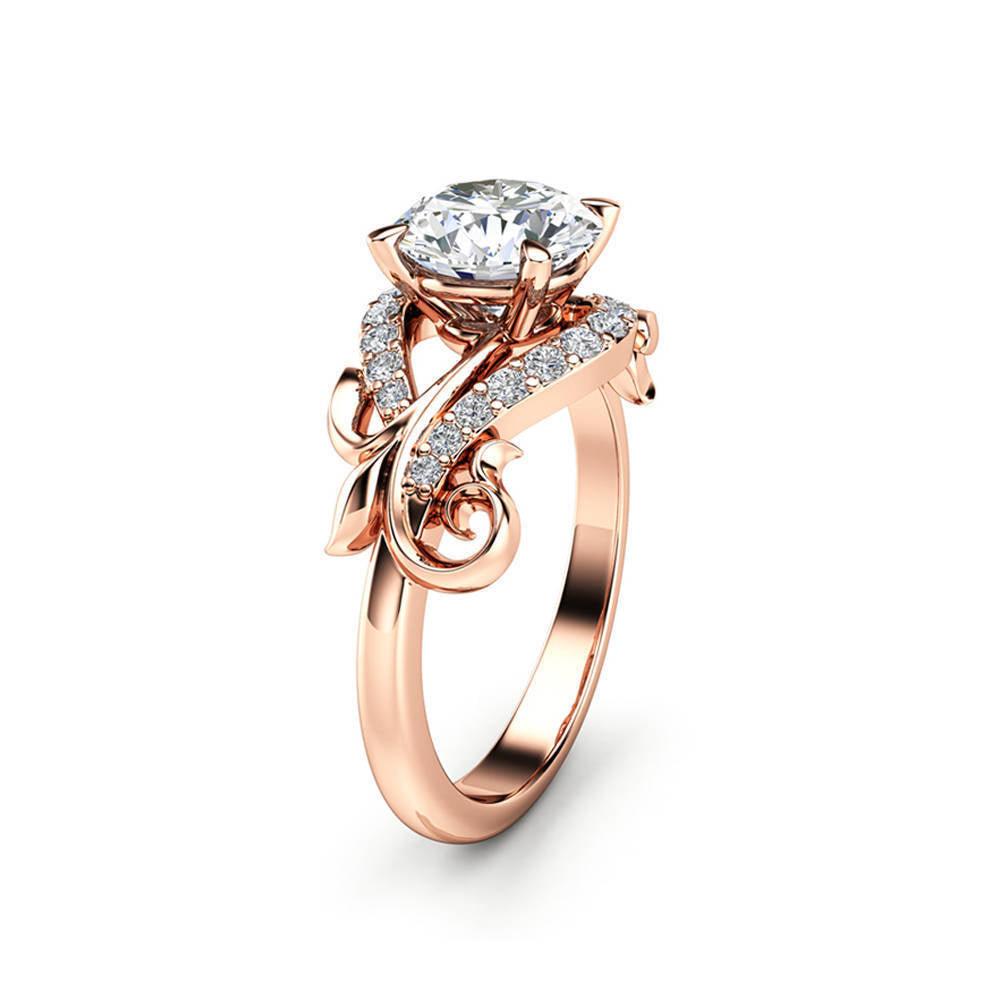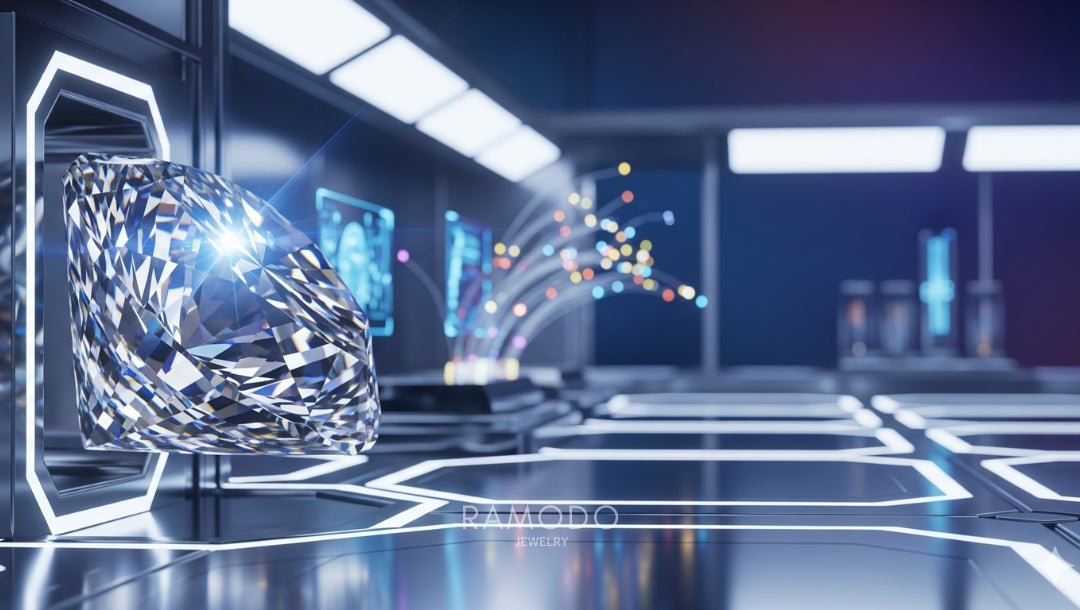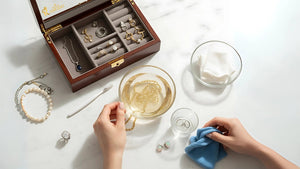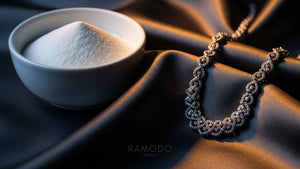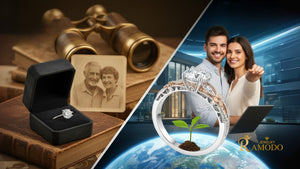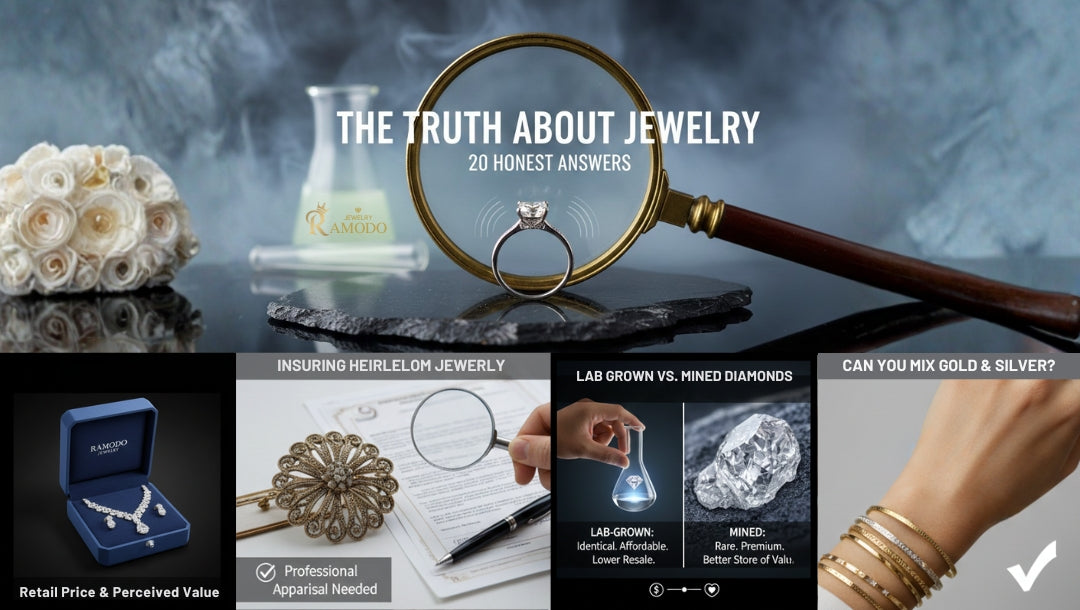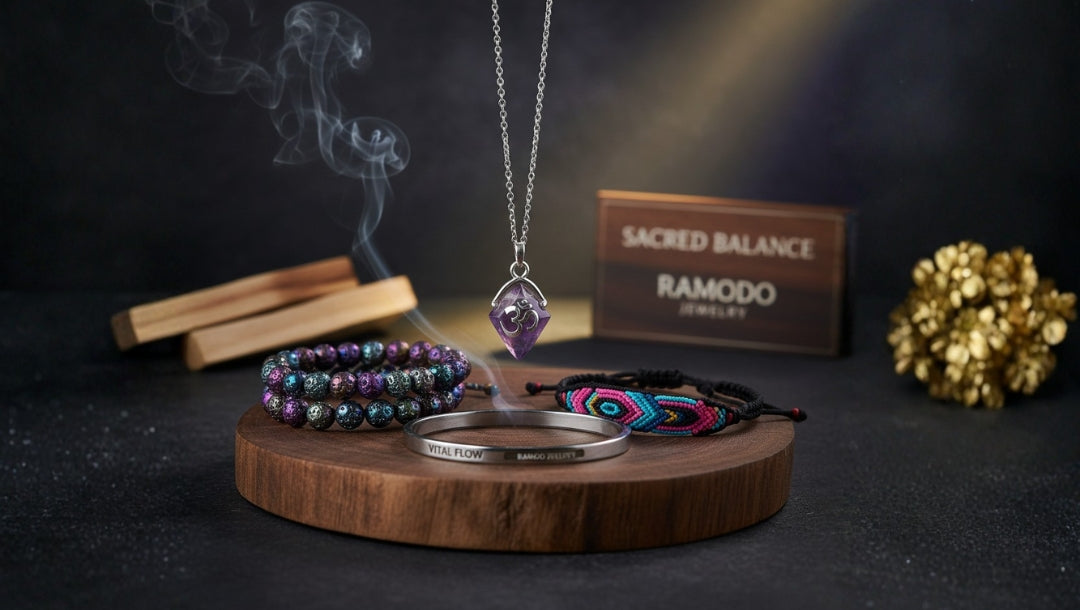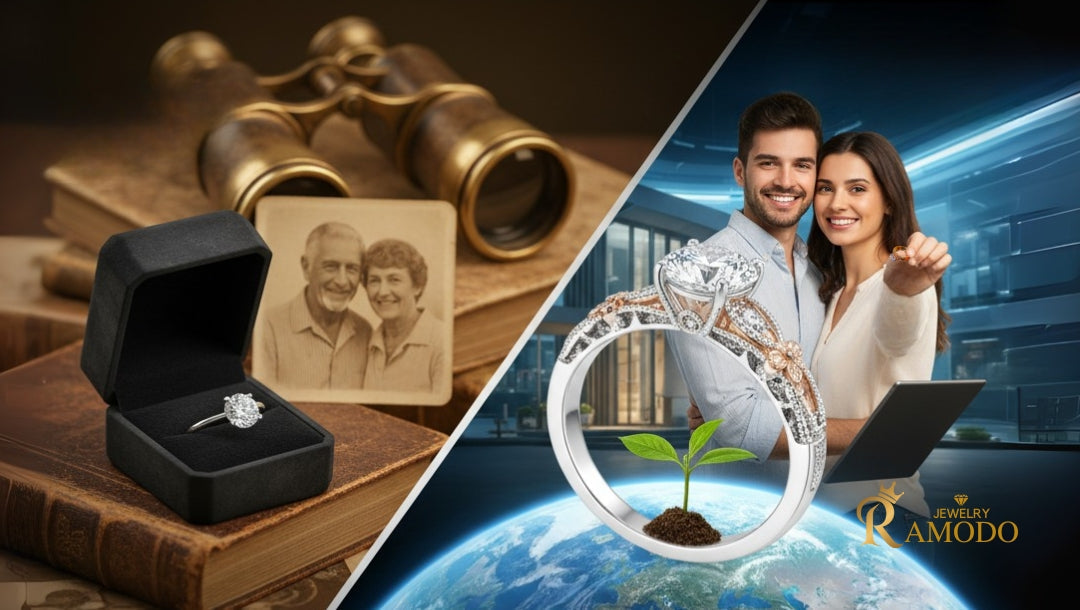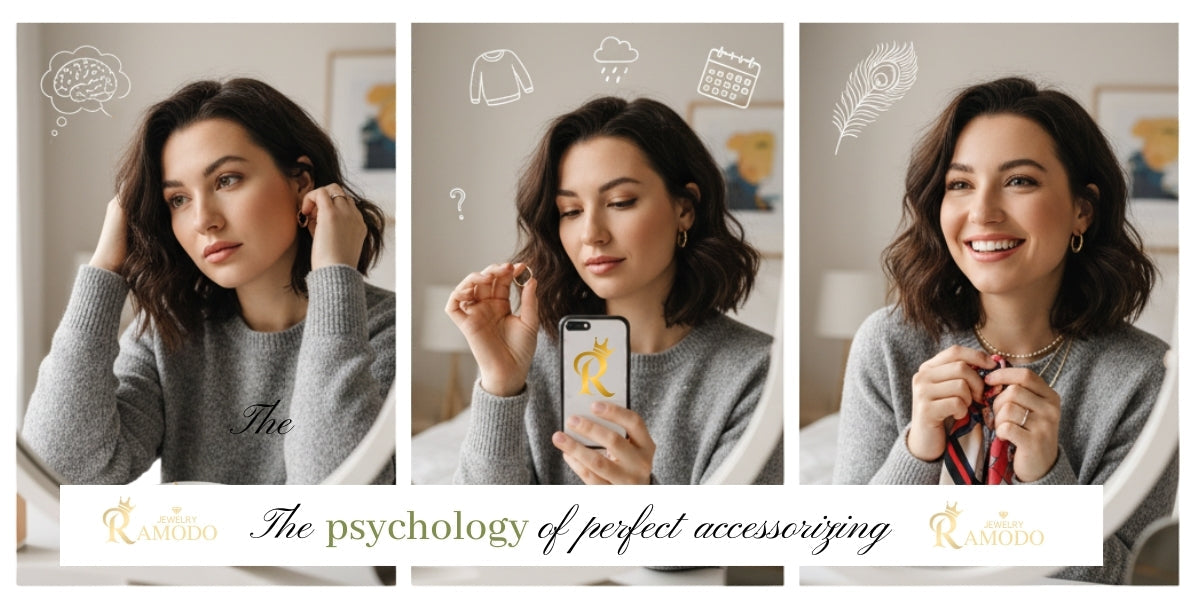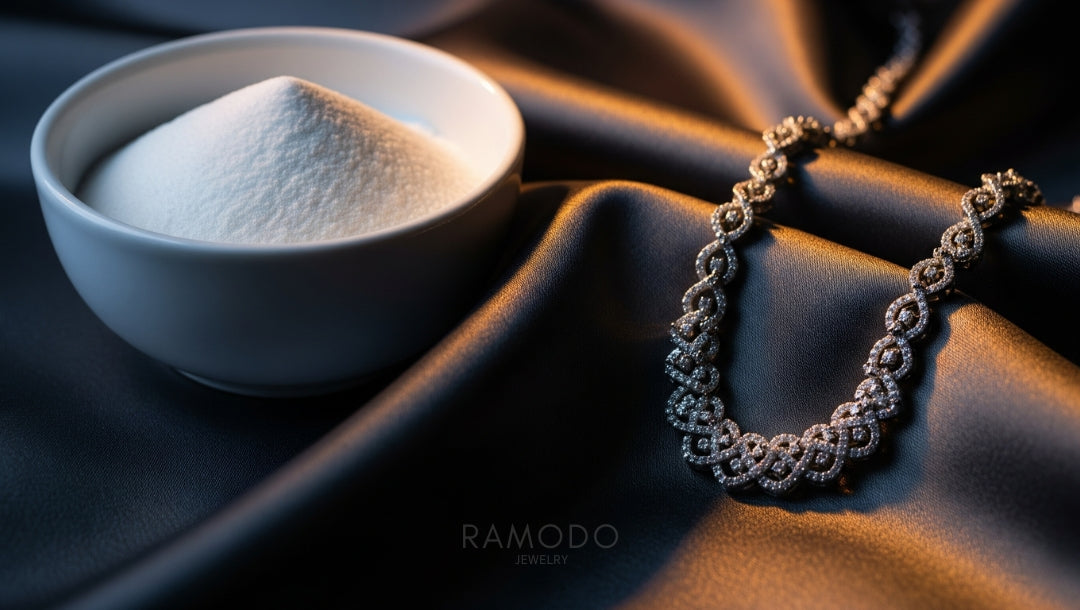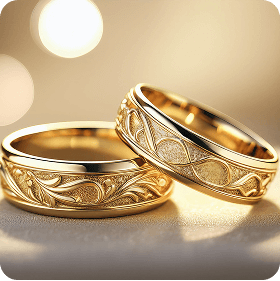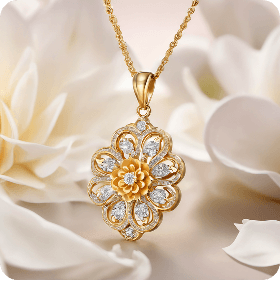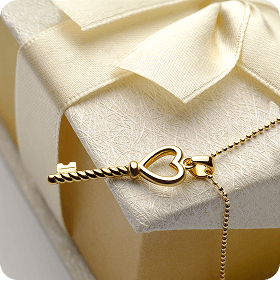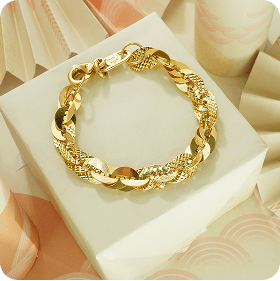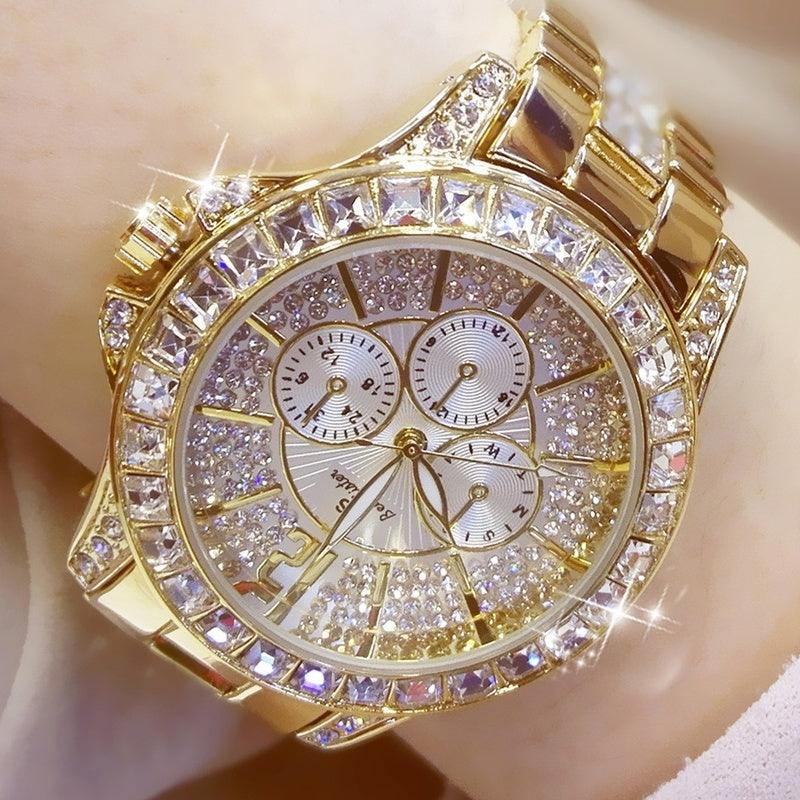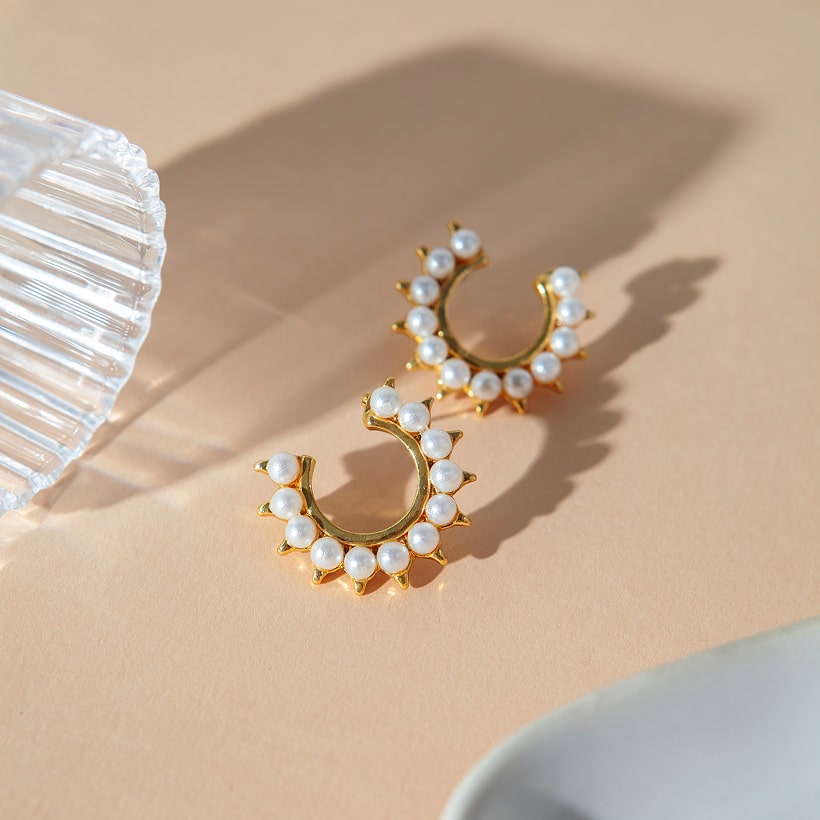Lab-Grown Diamonds: Everything You Need to Know Before Buying in 2025
The diamond industry is experiencing its biggest transformation in over a century. Lab-grown diamonds now represent 20% of the global diamond market, and that number is climbing fast. Whether you're shopping for an engagement ring, anniversary gift, or simply curious about this revolutionary technology, this comprehensive guide will give you everything you need to make an informed decision.

What Are Lab-Grown Diamonds, Really?
Lab-grown diamonds are real diamonds—chemically, physically, and optically identical to mined diamonds. The only difference? They're created in controlled laboratory environments rather than deep within the Earth over billions of years.
Two main production methods exist:
CVD (Chemical Vapor Deposition): Carbon atoms are deposited layer by layer onto a diamond seed
HPHT (High Pressure High Temperature): Mimics the extreme conditions that create natural diamonds underground

Both methods produce genuine diamonds with the same hardness (10 on the Mohs scale), brilliance, and fire as their mined counterparts.
The Numbers Don't Lie: Market Growth & Consumer Demand

The lab-grown diamond market is exploding:
• Market size: Expected to reach $15.6 billion by 2030
• Growth rate: 22.5% annually through 2030
• Price advantage: 60-80% less expensive than natural diamonds
• Millennial preference: 73% consider lab-grown diamonds for engagement rings
Source: Grand View Research, Bain & Company Diamond Industry Report 2024
Lab-Grown vs Natural Diamonds: The Complete Comparison

Composition & Quality
Lab-grown: Identical carbon crystal structure, same hardness and brilliance
Natural: Formed over 1-3 billion years, may contain inclusions from formation process
Winner: Tie - both are real diamonds
Environmental Impact
Lab-grown: Uses renewable energy in modern facilities, minimal land disruption
Natural: Requires moving 250 tons of earth per carat, significant ecosystem impact
Winner: Lab-grown (by a wide margin)
Price & Value
Lab-grown: $1,000-$3,000 per carat for high-quality stones
Natural: $4,000-$15,000 per carat for comparable quality
Winner: Lab-grown for immediate affordability
Resale Value
Lab-grown: Currently lower resale value due to newness in market
Natural: Historically holds value better long-term
Winner: Natural (for now)
5 Myths About Lab-Grown Diamonds, Debunked

Myth 1: "They're not real diamonds"
Reality: The Federal Trade Commission and Gemological Institute of America classify them as genuine diamonds.
Myth 2: "They look different"
Reality: Even expert gemologists need specialized equipment to distinguish them.
Myth 3: "They're too perfect"
Reality: Lab-grown diamonds can have inclusions and color variations, just like natural ones.
Myth 4: "They have no resale value"
Reality: While currently lower, the resale market is developing as adoption grows.
Myth 5: "The technology is new and untested"
Reality: Lab-grown diamonds have been used in industry for decades; gem-quality production has perfected over 30+ years.
Who Should Choose Lab-Grown Diamonds?
Perfect for:
• Budget-conscious buyers wanting maximum size and quality
• Environmentally conscious consumers prioritizing sustainability
• Tech-savvy millennials and Gen Z embracing innovation
• Those wanting custom designs (labs can create specific colors more easily)
Consider natural if:
• Tradition is paramount for your purchase
• Long-term investment is a primary concern
• Resale value matters significantly to you
• You want the "earth-created" story for emotional reasons
How to Buy Lab-Grown Diamonds: Expert Tips

1. Certification is Key
Always buy certified stones from: • IGI (International Gemological Institute)
• GCAL (Gem Certification & Assurance Lab)
• GIA (Gemological Institute of America)
2. Focus on the 4 Cs
The same quality factors apply: • Cut: Most important for brilliance
• Color: D-F grades offer best value
• Clarity: VS1-VS2 sweet spot for quality/price
• Carat: Get 20-30% larger stone for same budget
3. Choose Reputable Retailers
Work with jewelers who: • Provide detailed certificates
• Offer clear return policies
• Have expertise in both natural and lab-grown options
The Future of Lab-Grown Diamonds

Industry experts predict continued growth driven by:
• Technological improvements making production more efficient
• Celebrity endorsements and mainstream acceptance
• Sustainability focus from younger consumers
• Price stability as production scales
Major brands embracing lab-grown: Pandora (exclusively lab-grown by 2025), Signet Jewelers (expanding lab-grown offerings), De Beers (launched Lightbox lab-grown brand)
Making Your Decision: A Practical Framework
Choose lab-grown diamonds if:
✓ You want maximum size and quality for your budget
✓ Environmental impact is important to you
✓ You're comfortable with newer technology
✓ You plan to keep the jewelry long-term rather than resell
Choose natural diamonds if:
✓ Tradition and heritage matter most
✓ Investment/resale value is crucial
✓ You prefer the natural formation story
✓ You have a higher budget and want traditional luxury
RAMODO JEWELRY's Lab-Grown Diamond Collection

At RAMODO JEWELRY, we believe in empowering our customers with choices. Our curated lab-grown diamond collection features:
• IGI-certified stones with detailed quality reports
• Custom design services to create your perfect piece
• Competitive pricing with transparent cost breakdowns
• Lifetime warranty on all lab-grown diamond jewelry
Whether you choose natural or lab-grown, we're here to help you find the perfect diamond that matches your values, budget, and dreams.
Frequently Asked Questions
Q: Will lab-grown diamonds test as real on a diamond tester?
A: Yes, they will test positive on standard diamond testers because they have the same thermal and electrical properties.
Q: How can you tell if a diamond is lab-grown?
A: Only specialized equipment can detect the difference. All lab-grown diamonds should be disclosed and marked as such.
Q: Do lab-grown diamonds fade or change color over time?
A: No, lab-grown diamonds are permanent and stable, just like natural diamonds.
Q: Are lab-grown diamonds covered by insurance?
A: Yes, most jewelry insurance policies cover lab-grown diamonds at their appraised value.
Q: Can I upgrade from lab-grown to natural later?
A: Many jewelers offer upgrade programs, though policies vary by retailer.
Ready to explore lab-grown diamonds? Browse our online collection at ramodo.net to see the quality and craftsmanship that makes lab-grown diamonds an exceptional choice for modern jewelry lovers.

